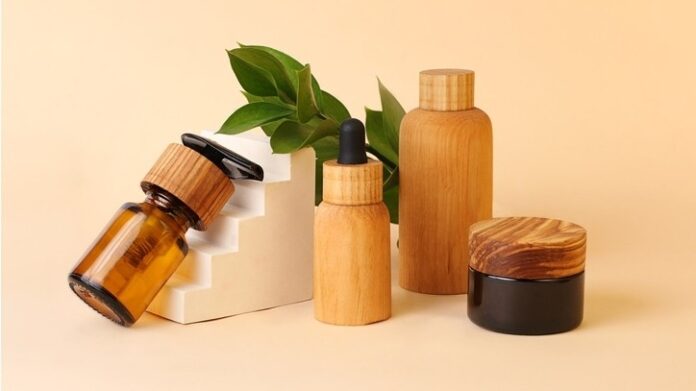In an effort to mitigate the surge in plastic waste production, the beauty industry is moving towards creating a sustainable beauty routine for its consumers. The refillable packaging is one of the ways in which brands are implementing more eco-friendly practices.
This shift is needed as the beauty industry traditionally contributes heavily to plastic waste. Governments are also taking an initiative to regulate sustainability in an effort to encourage zero waste. For example, the European government no longer allows single-use plastic and bans companies that don’t invest in sustainable strategies. Encouraging eco-friendly practices in this way can help drive real change and push companies to take more responsibility for their products and processes. Although these changes may take time, they will no doubt shape a more sustainable future where caring for the environment is not just an innovative solution to the growin climate problems, but a convention.
Such regulations as these, along with the fact that brands and companies are now taking the lead on driving change could significantly impact the environment for the better and reduce their carbon footprint as well as that of their consumers. Let’s take a further look into the sustainable strategies the beauty industry is pushing forward.
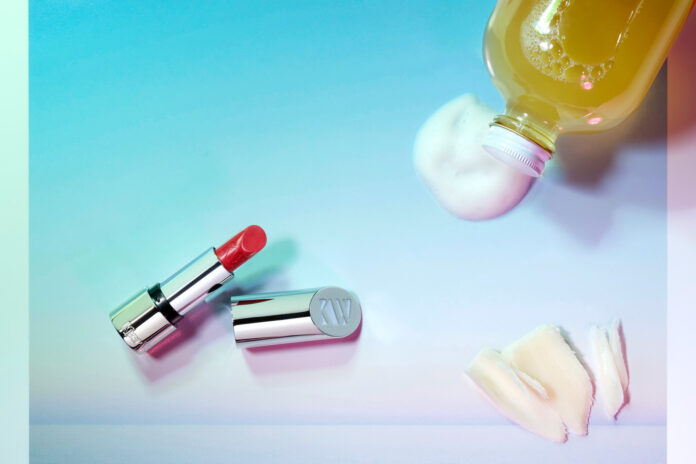
What’s the answer to the beauty industry’s plastic problem?
While recycling and sustainability are on most consumers’ minds, the reality is that it’s not as an effortless process as one might think. The challenge with recycling is that it is not always as convenient as dropping empty bottles and packaging into a recycling bin. Although consumers are expressing an inclination towards recycling and sustainability, only 32% of Americans recycle each day. This low rate has been attributed to a lack of education about what products are recyclable and how best to recycle them, as well as a lack of access to recycling resources. This is probably why the remaining 68% of people find it easier and more convenient to dispose of their waste and leave the recycling up to refuse collection companies or government faculties. Due to this confusion, a high amount of waste that could be recycled is not. Statistics show that only 9% of global plastic waste is actually recycled.
This results in a pile-up of plastic products in landfills and oceans and with the number of beauty products the public consumes every day, they add up quickly. From each tube or bottle of lotions and creams to soaps and shampoos, packaging from the beauty industry adds to the 120 billion units of total packaging that gets thrown out each year. Now that consumers and brands are aware of just how much it’s affecting the environment, refillable packaging is introducing a promising and positive disruption in the market and consumer habits.
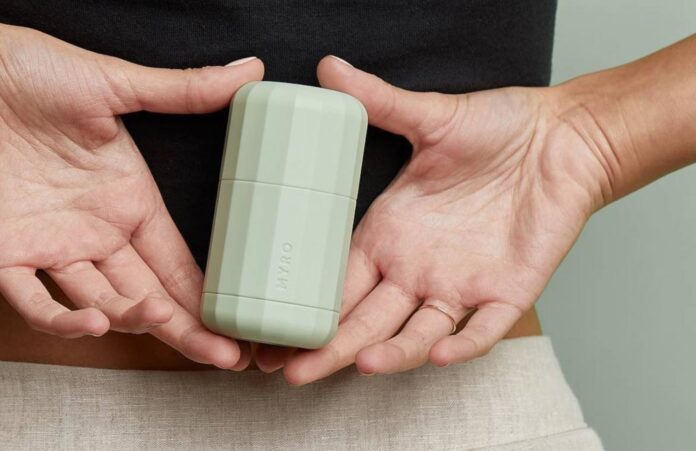
With more companies taking the sustainability route, the beauty industry can make a significant impact. GPA Global, experts in sustainable luxury packaging for beauty products, has been manufacturing packaging solutions since 2007 and has always put sustainability at the forefront of all of their processes. Their custom beauty packaging is practical yet elegant to ensure that your beauty product stands out on crowded shelves in the cosmetics aisles. GPA Global can improve your brand’s impact with custom-built packaging kits, designed and engineered to your product requirements and preferences. They offer packaging for skincare products that are durable, strong, and have a high resistance to most acids. They also consider your goals and budget to determine what will work for the type of products you want to sell and your business. Clients can choose from glass, bamboo, High-Density Polyethylene (HDPE) plastic, metal, or silicone.
Opting for packaging made from sustainable sources and enabling them to be refilled not only reduces waste, but also proves that luxury, practicality, and sustainability can co-exist. Once brands can offer their consumers a product that is still of the highest quality and has a minimal effect on the external environment and its conditions, the beauty industry’s plastic problem will be well on its way to being resolved.
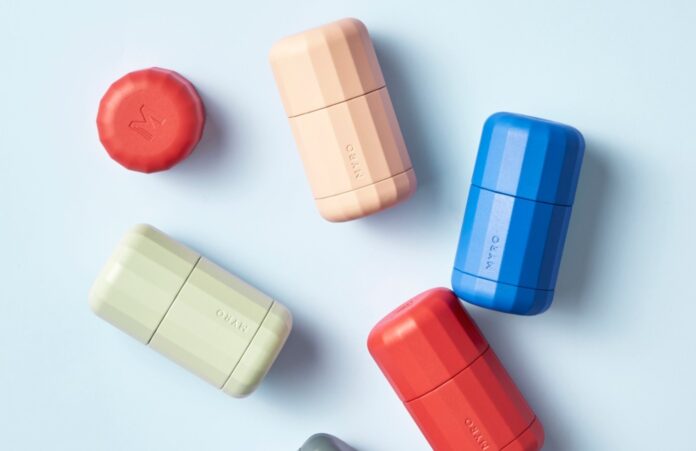
Contouring a sustainable path
Sustainable packaging is no longer an ideal niche and is fast becoming a norm. Once only a pipeline dream, refillable packaging may be the solution to alleviate the stress on the already strained recycling system. Equipping consumers with the option to reuse their beauty packaging can be a worthy compensation, especially in countries and areas where recycling is more challenging. For example, these places may not have the correct resources and facilities for consumers to dispose of their waste and they may not even have the means to process the plastic waste deposited in recycling bins either. Recycling may not be enough so refilling presents a viable addition, and perhaps a future substitution.
Incentives such as discounted prices will encourage those that are not solely on the bandwagon of refillable products for sustainability benefits. Some brands are able to cut down on costs enough to offer their consumers 15% off on their favorite beauty product when they purchase a refill. Sustainable packaging is usually lighter and more compact compared to standard packaging. This allows brands to save on material costs as well as logistics, transportation, and warehousing costs. Sustainable packaging is also a chance for brands to bring more value to the customer and improve their feel and functionality so they are inclined to make the right decision when choosing and purchasing a beauty product.
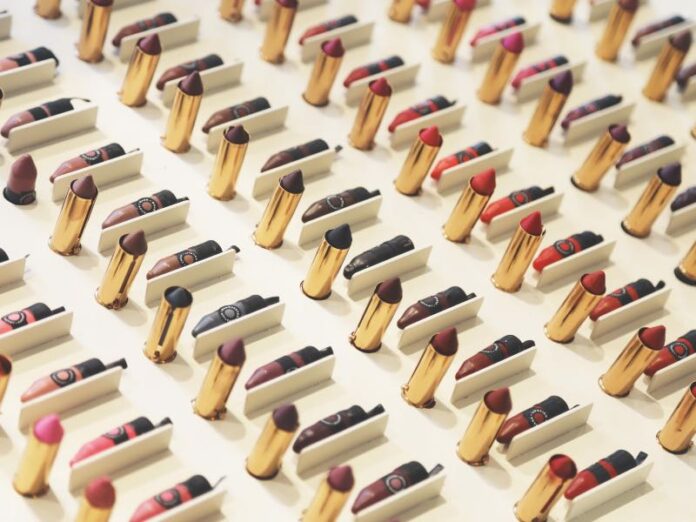
Although beauty product refills may not be an all-encompassing solution, they are a step in the right direction. Statistics show that beauty products made from 100% reusable aluminum bottles can result in a cut of 60% in the use of plastic by a beauty brand. Switching to refillable beauty packaging will improve sustainability and even create a culture of sustainability status (not sure of the use of status here?). The shift will take time and will need investment but with the floor being opened by sustainable brands, spearheaded by sustainable packaging solution providers like GPA Global, and supported by eco-savvy consumers, a new worldview is on the horizon.

